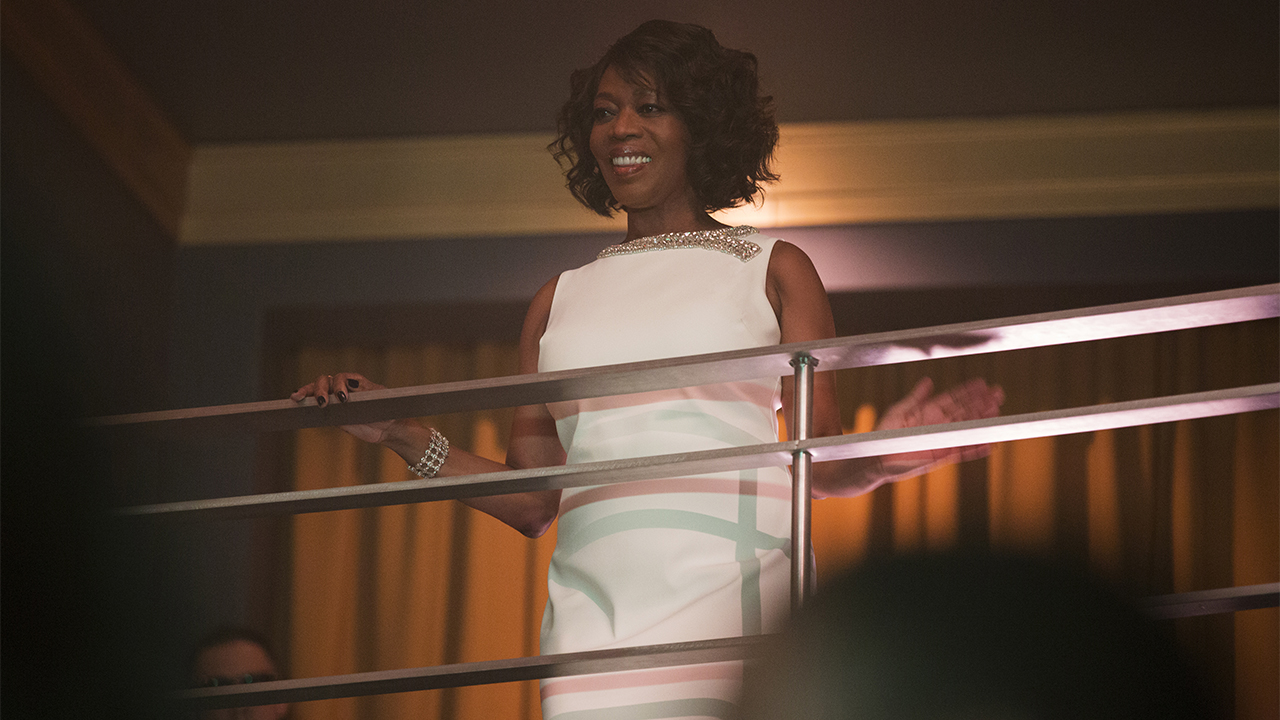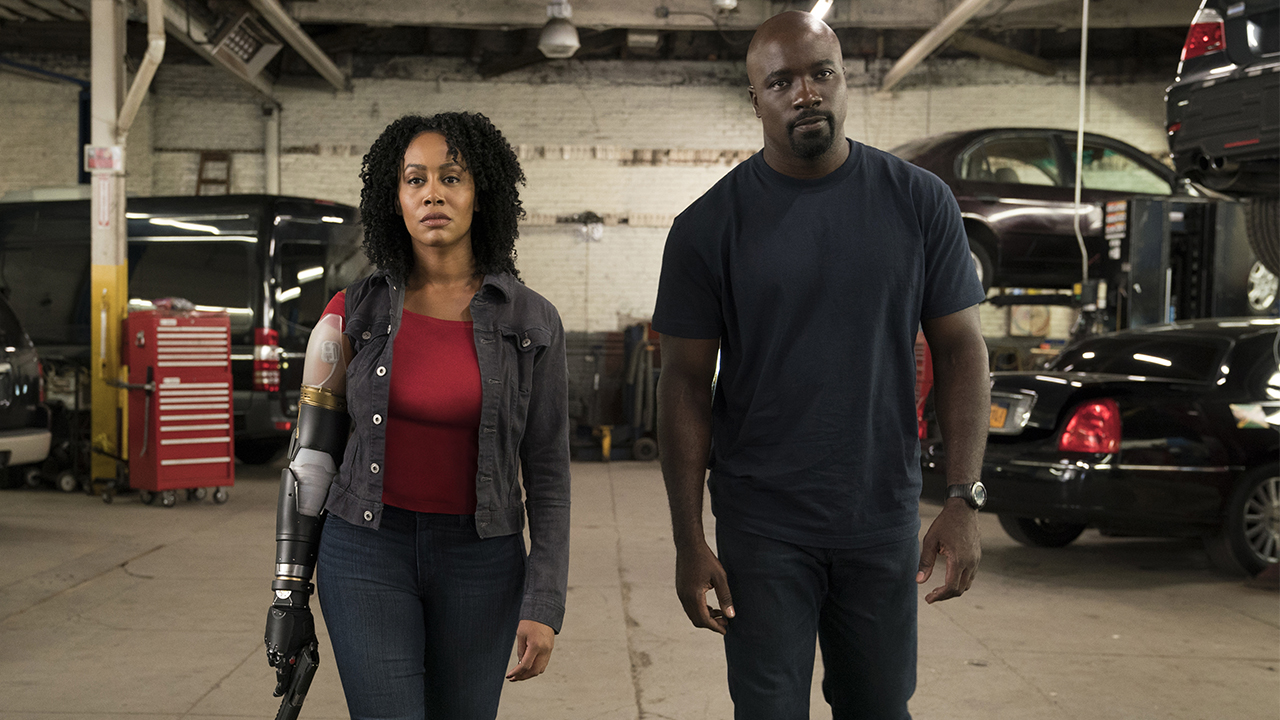GamesRadar+ Verdict
Season 2 maintains everything we loved about Luke Cage's debut, but ditches the unwelcome superhero shenanigans for a leaner, sleeker viewing experience.
Why you can trust GamesRadar+
Not all stories set in the Marvel Universe, it appears, happen in order. So don’t, going into this second season of Luke Cage, (spoiler warning if you haven’t seen Avengers: Infinity War) start sifting for Thanos references or wonder which of the cast are going to wash away into nothingness. Despite it arriving off the back of the MCU’s fattest, most cosmic epic yet, the studio’s corner of Netflix has never looked so proudly un-comic book.
While the first season mostly defined itself as a sometimes brutal street-level hip-hop drama, it couldn’t resist succumbing to some tonally misjudged superheroics in its final episodes, as Diamondback took on Luke Cage in a goofy-looking power suit. Apart from the appearance of a fresh character, Bushmaster, who derives his strength and healing powers from the nightshade plant, this one is even less in thrall to the fantastic.
There are no Judas bullets (Cage-killing technology salvaged from the Chitauri Invasion), no jokey nods to Cage’s comic book cossie, and just a single reference to “the incident”. We’re presented with a much more fleshed-out Harlem this time round, with a fantastically steely Alfre Woodard running the show now as the increasingly power-thirsty Mariah Dillard.

She begins season 2 lusting for respectability, desperate to sell off her firm’s massive stash of guns. But the buyers are the Stylers, a Jamaican gang headed up by John McIver, aka Bushmaster, an uncommonly strong yardie nursing a decades-old beef with the Stokes family.
“Not Mariah Dillard,” Bushmaster is fond of saying, “Mariah Stokes.” McIver isn’t willing to let Mariah forget her blood-soaked birth name, even if she wants to. For all her misdeeds over the course of Luke Cage season 1, it looked occasionally like she was more corrupt politician than psychopathic crimelord.
Season 2 paints a much more disturbing picture. This is a woman who can light the match that burns a man to death with a smile; who can slice the neck of a crime rival; and who can tell her daughter, with brutal relish, “I tried to love you, but I don’t. That’s the truth.” In the menagerie of Marvel’s Netflix miscreants, Mariah Dillard (sorry, Bushmaster – Stokes) now makes Daredevil’s Wilson Fisk and Jessica Jones’s Kilgrave look as threatening as Gilbert and George.
Although a few faces don’t survive to the end, there’s no great narrative-shaking mid-series death this time. These Marvel shows have a maddening habit of sagging in the middle, but this season feels just right at 13 episodes. It packs a lot in, and by the end, its world is very different to how it was in its first. It’s so good that even an appearance by Iron Fist can’t contaminate it. Daredevil season 3 has a lot to live up to...
Steve is a freelance entertainment and lifestyle journalist, sub-editor, and editor. His bylines have appeared in print at publications including SFX, Classic Pop, The Guardian, Vintage Rock, Doctor Who Magazine, Esquire, SciFiNow, Crime Scene, Empire, Filmstar, CLiNT, Total Film, and Yours Retro, as well as websites including The New Statesman, Cineworld, Digital Spy, Radio Times, GamesRadar, Yahoo, and Den Of Geek. He's been featured on several TV documentary shows such as BBC Four’s The Cult Of… and The Cinema Show and has also co-written the books Whographica and Buffy The Vampire Slayer: Slayer Stats. He currently edit the quarterly magazine Vintage Rock Presents.



